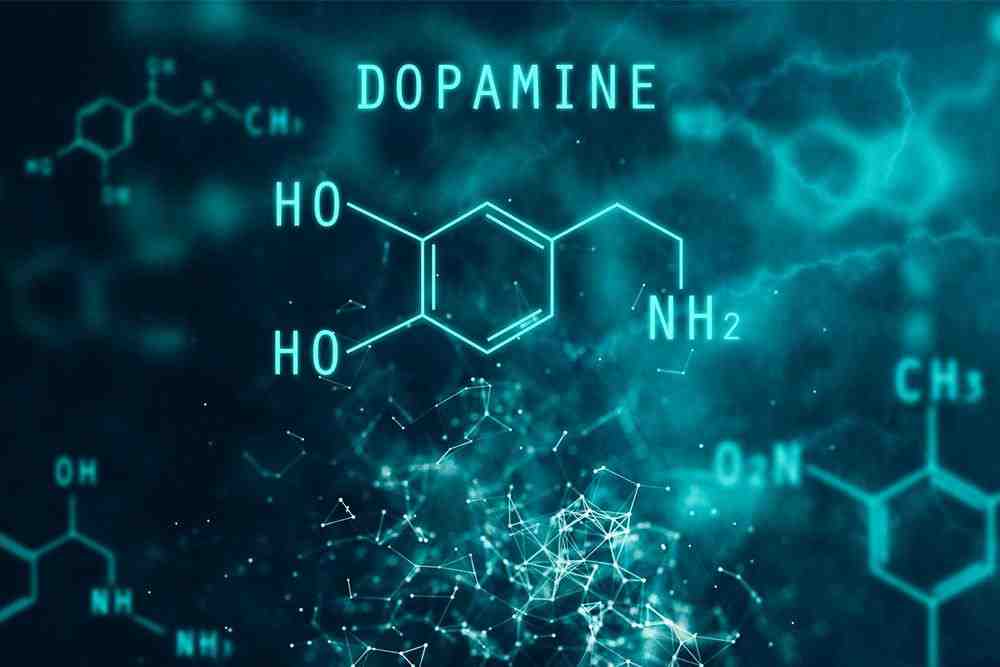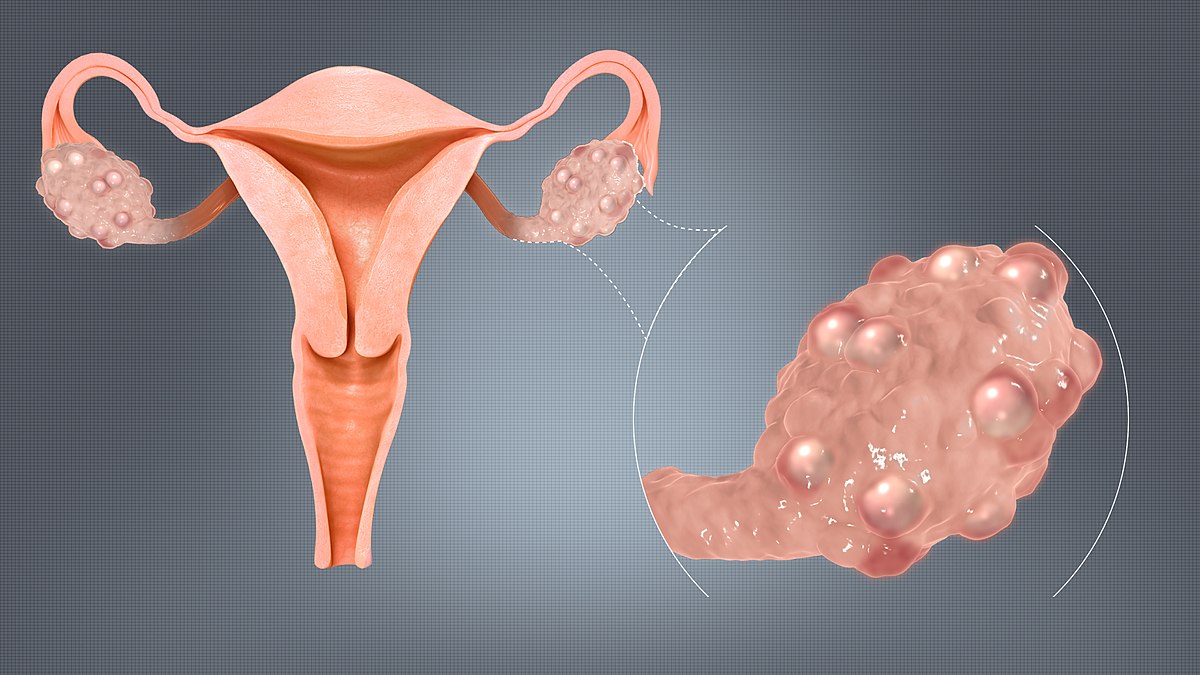By: Aditya Thakur
Imagine a tiny reward centre in your brain, firing up like a pinball machine whenever you achieve something. That, in a nutshell, is dopamine, a neurotransmitter that plays a crucial role in motivation, learning, and most importantly for our attention. National Institute on Drug Abuse defines dopamine as a neurotransmitter linked to pleasure, reward, and motivation, regulating mood and movement. Every like, share, and comment on social media triggers a dopamine release, a pleasurable reinforcement that compels us to seek out more. But what happens when our brains are flooded with this “reward chemical” in bite-sized bursts owing to the courtesy of the ever-growing trend of short-form video content.
A study published in the Journal of the Association for Consumer Research found that individuals allocate less attention to readily available information, potentially impacting focus and cognitive processing. These findings highlight the potential effects of short-form content consumption on attention span. Dopamine’s influence extends far beyond the realm of social media lore. It motivates us to engage in activities that lead to potential rewards. For instance when studying for a test or tackling a challenging project. The anticipation of success triggers dopamine release, keeping us focused and engaged. However, the abundance of short-form content on platforms like Youtube Shorts and Instagram reels presents a unique challenge. These platforms deliver a constant stream of dopamine hits, often requiring minimal investment of time or effort.
Our brains become accustomed to this instant gratification, making it harder to sustain attention for longer periods, especially when faced with tasks requiring sustained focus and effort. A funny cat video might be entertaining, but it hardly compares to the intellectual stimulation of reading a book or writing a detailed report. Yet, the dopamine rush associated with the former can be just as strong, if not stronger, due to its immediacy and ease of consumption. This desensitises our reward system, making it harder to find long-form content engaging enough to trigger the same level of dopamine release. To enhance attention and reduce dopamine surges, limit exposure to short-form content and practice mindfulness. As psychologist Daniel Goleman advises, “Focus on being present in the moment.” Studies have shown that setting digital boundaries and engaging in deep work, as suggested by author Cal Newport, can also help improve attention span and cognitive performance.
The key lies in striking a balance. Short-form content can be a fun and engaging way to pass the time, but it shouldn’t become the sole source of your mental stimulation. By being mindful of our consumption habits and prioritising activities that nurture our attention spans, we can reclaim control over our dopamine-driven brains and cultivate the ability to focus on what truly matters.




